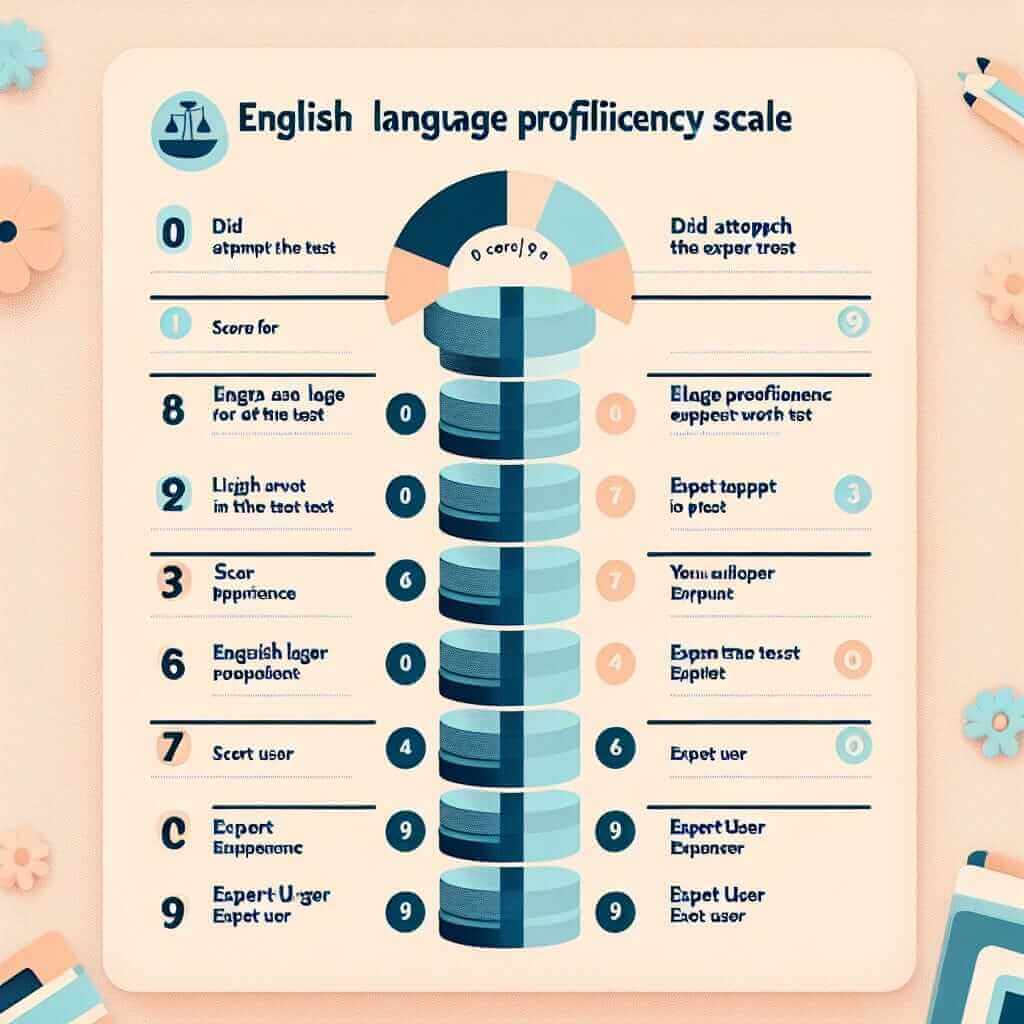For those aspiring to study, work, or migrate to an English-speaking country, achieving a high score on the International English Language Testing System (IELTS) is often a prerequisite. A band score of 7 is a common requirement for many universities and immigration programs, signifying “good user” competency in English.
This comprehensive guide, crafted by an experienced IELTS instructor with over two decades of experience, will delve into proven strategies and insights on how to reach an IELTS band 7.
Understanding the IELTS Band 7 Benchmark
An IELTS band 7 represents a significant level of English proficiency. A candidate achieving this score demonstrates:
- Operational command of the language: They can understand complex arguments and engage in detailed discussions.
- Accuracy and fluency: While occasional inaccuracies might occur, their language is generally fluent and grammatically correct.
- Effective communication: They can convey their ideas clearly and cohesively across all four IELTS sections: Listening, Reading, Writing, and Speaking.

Mastering the IELTS Sections for Band 7
1. Listening
- Active Listening: Practice focusing intently on spoken English, paying attention to accents, tones, and speed variations.
- Keyword Recognition: Identify crucial keywords and phrases within questions to anticipate information in the audio.
- Understanding Context: Develop the skill to infer meaning from context, even if you encounter unfamiliar words.
Example: In a listening section about university facilities, keywords could be “library resources”, “sports center”, or “student accommodation”.
2. Reading
- Skimming and Scanning: Hone your ability to quickly scan for specific information and skim for the general idea of a text.
- Vocabulary Enhancement: Regularly expand your vocabulary, paying particular attention to synonyms, antonyms, and paraphrasing.
- Understanding Text Structure: Recognize how information is organized within paragraphs and sections to locate answers effectively.
Example: An article about renewable energy might present information chronologically, comparing past practices to current innovations.
3. Writing
- Task Achievement: Fully address all parts of the writing task, providing relevant examples and supporting arguments.
- Coherence and Cohesion: Structure your writing logically, using cohesive devices like linking words and transition phrases.
- Lexical Resource: Demonstrate a wide range of vocabulary, using less common words accurately and appropriately.
Example: In Task 2, when presenting your opinion on a social issue, clearly state your stance, provide supporting reasons, and offer relevant examples to illustrate your points.
4. Speaking
- Fluency and Coherence: Speak at a natural pace, connecting ideas smoothly and using a variety of discourse markers (e.g., “however”, “in addition”).
- Lexical Resource: Employ a wide range of vocabulary and idiomatic language to express yourself clearly and effectively.
- Grammatical Range and Accuracy: Utilize a variety of grammatical structures accurately while speaking.
Example: During the interview section, be prepared to elaborate on your answers, providing specific details and examples to support your points.
Expert Tips to Boost Your Score
- Consistent Practice: Regularly engage with all four IELTS sections, simulating exam conditions as much as possible.
- Feedback is Crucial: Seek feedback from experienced IELTS tutors or teachers to identify areas for improvement.
- Focus on Weaknesses: Dedicate more time to practicing the sections where you face the most challenges.
- Stay Motivated: Remember your goals and maintain a positive attitude throughout your IELTS preparation journey.
Conclusion
Achieving an IELTS band 7 demands dedication, focused practice, and a strategic approach. By understanding the assessment criteria, mastering each section, and implementing the expert tips provided, you can confidently work towards your desired score. Remember, consistency and perseverance are key. Good luck!